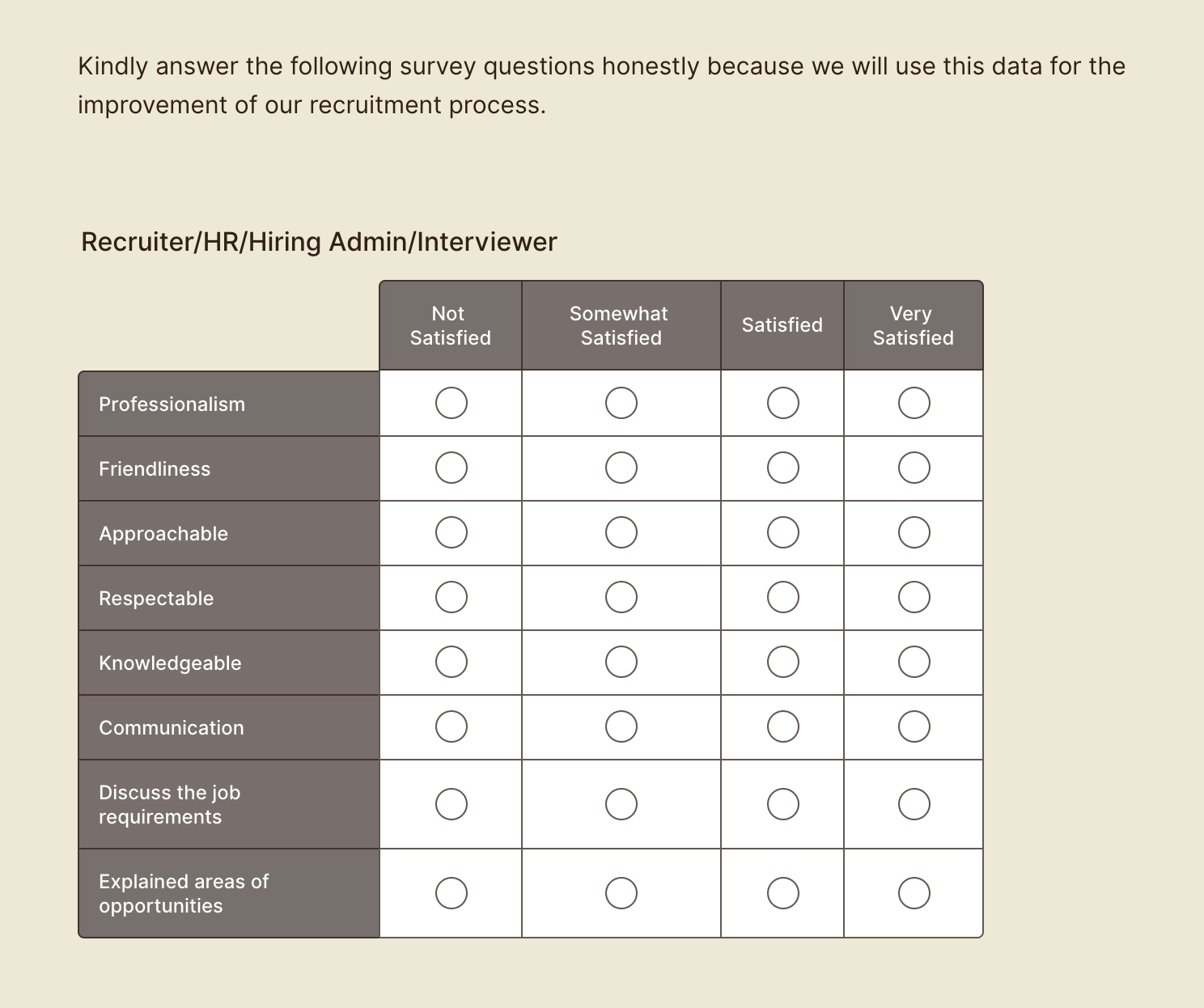In dating, ghosting is poor etiquette — the same is true when it comes to hiring. But an astonishing 61 percent of candidates have reported that a recruiter simply stopped communicating with them — essentially disappeared — even after an interview.
Between social media and word of mouth, it’s not just one candidate who will know about that poor experience. Over half of applicants will tell other people not to apply if something like this happens.
That’s just one of the reasons why it’s so important to know how to tell an applicant they didn’t get the job. Not only is it the nice thing to do, but it can also help protect your company’s reputation.
When candidates learn that you haven’t selected them, they might appreciate any feedback you could give them. Here’s how to reject a job applicant and turn it into a constructive experience for both of you.
Let them know as soon as possible
Nobody likes to be kept waiting, particularly if they’ve applied for their dream job. As soon as you know that you’re not going to move an applicant into the next stage of the hiring process, you need to let them know.
This is particularly important if you’ve brought the candidate in for an interview. They might be holding out on another job offer because they’d rather work at your company. The sooner they know they didn’t get the job, the sooner they can accept another offer before it’s rescinded.
Follow the rules
If you’re using a background check or credit report to vet applicants, you’ll need to let them know if you reject them based on any information that came up. Additionally, under the Fair Credit Reporting Act (FRCA), a candidate has the right to dispute what’s pulled up, typically within seven days.
Let candidates who don’t make the cut because of these reports know right away. They’ll be able to deal with any surprises that popped up on a credit report or background check, which will hopefully help them in their future job searches.
Keep it simple
One of the reasons why companies may hesitate to contact applicants and let them know they aren’t moving to the next step is a fear of lawsuits. It’s important to learn how to reject a job applicant in a way that won’t put you at risk, so keeping it general is a good idea, especially if they didn’t make it past the resume screening process.
One way to do this is to send an email from a generic HR address. You should keep it brief and thank the applicant for their resume. Then state that you’ve decided to go ahead with another candidate who has more experience in a particular area — such as management — that’s relevant to the job. Make sure you close on a high note and wish them luck in their job search.
This simple email will provide the candidate closure. It will also help them better focus their job search on positions that fit their experience.
Leave the door open to them
There are times when you will interview several great candidates and have a hard time choosing just one. In these cases, it’s hard to know how to tell an applicant that they didn’t get the job — but the same rules apply. Keep it simple, but go a step further and leave the door open for a future relationship.
For example, if you know you’ll have similar positions open in the near future, let the candidate know. A sentence like, “We’ve decided to go with a candidate who has more experience in marketing automation systems, but we have several marketing positions we’ll be posting, and we hope you’ll apply,” can encourage the applicant to try again.
Ask for feedback
For the candidates who would be a good fit for your company but not the position they applied for, consider using the rejection process as a way to get their feedback on the candidate experience as a whole. You can create a survey for them to fill out, asking about things like how responsive the HR department was and what was good (or bad) about the applicant process.

This is an opportunity — not only to show the candidate that you appreciate their time, but to improve how you vet applicants. Being able to identify weak points — like difficulties scheduling interviews — will help you correct them and hire the best applicants much faster.
Rejection is an opportunity — for both sides
The way you tell a candidate that you didn’t choose them for the position can have a big impact on the types of applicants you get in the future. Not only does notifying them help create a professional impression of your company, but it can also open the door to learning more about how candidates view your hiring process.








Send Comment: